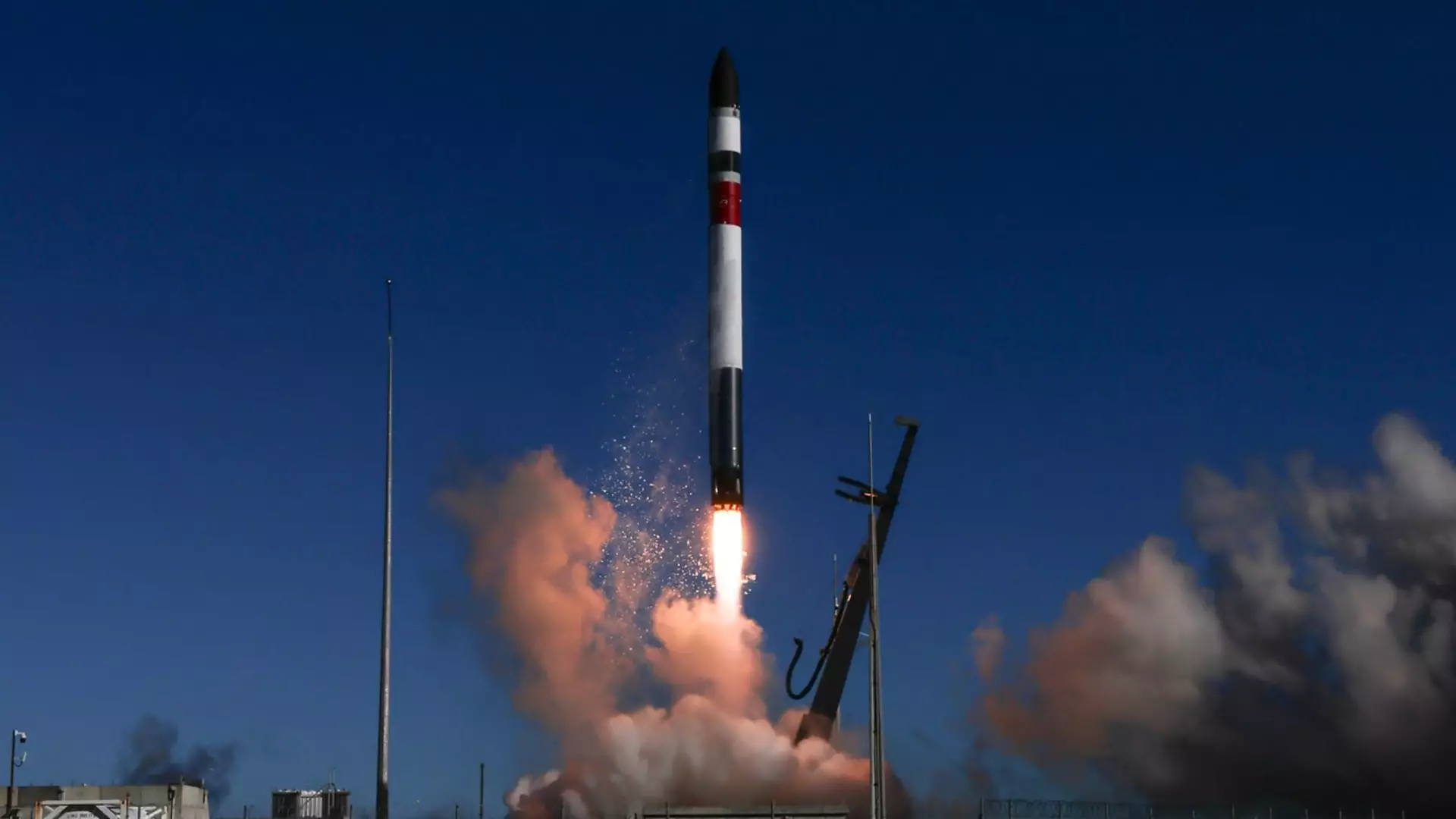Rocket Lab, a prominent space company, recently reported its fourth-quarter results, showcasing both progress and challenges in its development of the Neutron vehicle. Despite a net loss of $50.5 million for the quarter, the company’s contract backlog exceeded $1 billion. This significant loss highlights the heavy investment and spending required to create and launch the Neutron rocket. However, the year-over-year increase in the company’s net loss by 36% raises concerns about the sustainability of Rocket Lab’s current financial trajectory. Additionally, the full-year loss of $182.6 million indicates a substantial financial burden on the company, which may impact its long-term viability.
Rocket Lab experienced a 16% year-over-year revenue growth in the fourth quarter, reaching $60 million. This growth was primarily driven by the company’s space systems business, which accounted for $51.5 million of the total revenue. Notably, the launch business contributed only $8.5 million, reflecting a multimonth hiatus in Electron missions. While the fourth-quarter revenue fell slightly below Wall Street expectations, the company’s expanding space systems business presents potential areas for future growth and revenue generation.
Rocket Lab’s backlog of orders more than doubled year over year, reaching $1 billion, with a significant portion attributed to a $515 million satellite contract from the Pentagon’s Space Development Agency. The company’s CEO, Peter Beck, noted a record year for securing Electron launch deals, indicating strong demand for Rocket Lab’s services. Additionally, Rocket Lab’s forecast of first-quarter revenue between $92 million and $98 million suggests continued growth and market demand for its products and services.
Rocket Lab provided updates on its progress in developing the Neutron rocket, aimed at competing with industry giants like SpaceX. The company outlined several key milestones achieved, including the production of rocket parts for the first launch, software simulations of launches, and initial testing of the Archimedes engines powering the rocket. Looking ahead, Rocket Lab plans to conduct further testing of the Archimedes engines and structural testing of the Neutron rocket’s nose cone. The company’s focus on advancing its next-generation rocket technology underscores its commitment to innovation and competitiveness in the space industry.
In addition to its work on the Neutron rocket, Rocket Lab announced the expansion of its spacecraft product line, introducing three new spacecraft models: Lightning, Pioneer, and Explorer. These additions aim to cater to a wide range of customer missions, from low Earth orbit communications satellites to deep space exploration of other planetary bodies. By diversifying its spacecraft offerings, Rocket Lab seeks to tap into new market segments and enhance its position as a leading space technology provider.
Rocket Lab’s progress on the development of the Neutron vehicle is notable, with key achievements in revenue growth, order backlog, and technological advancements. However, the company’s significant financial losses and challenges in scaling its launch business raise concerns about its long-term financial sustainability. By continuing to innovate, expand its product offerings, and meet milestones in rocket development, Rocket Lab stands to compete effectively in the evolving space industry landscape.


Leave a Reply